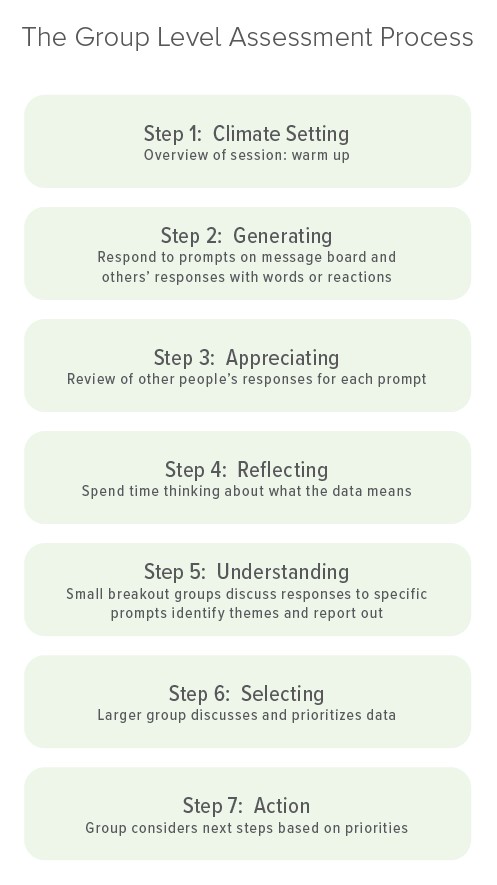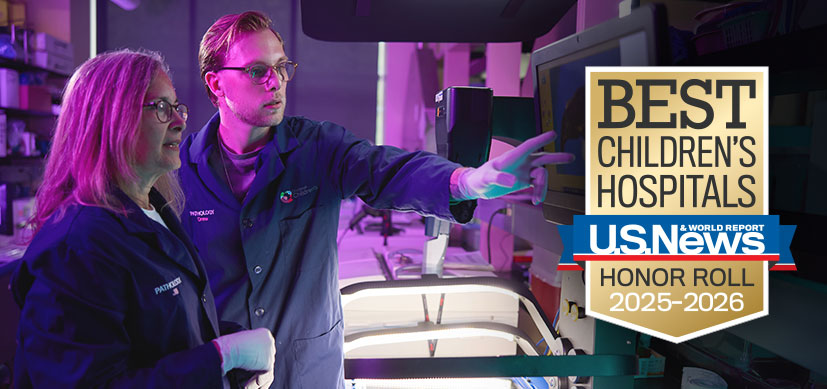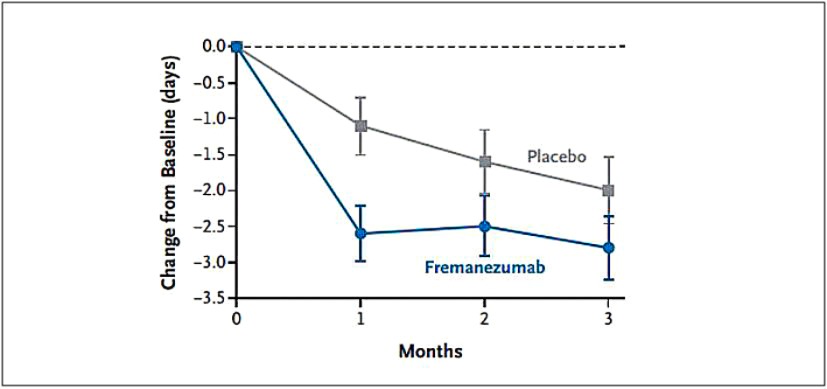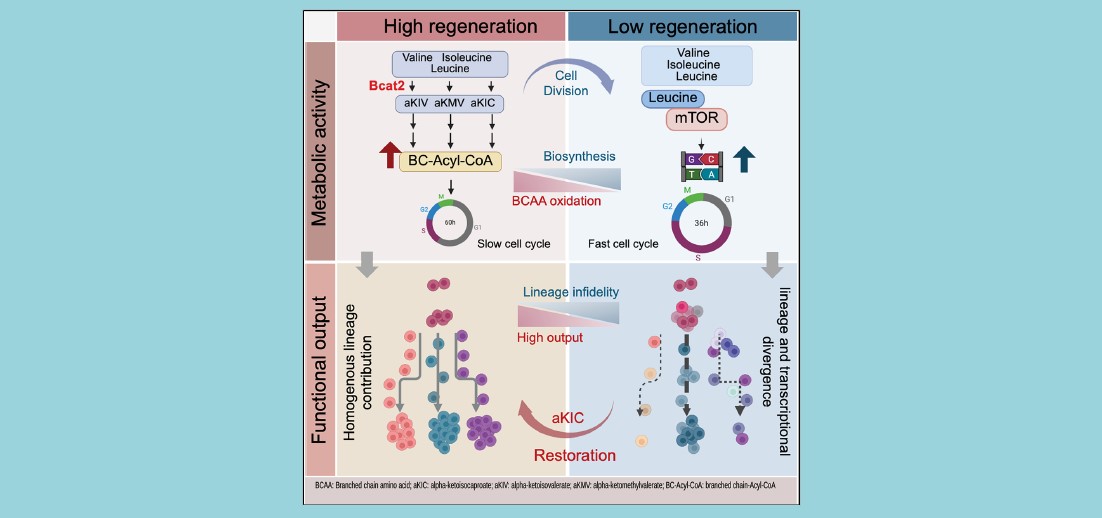Moms Say Infant Obesity Prevention Programs Need to be More Realistic
Research By: Cathleen Stough, PhD | Lisa Vaughn, PhD
Post Date: May 18, 2023 | Publish Date: May 18, 2023
Every Child Succeeds | Top Scientific Achievement


Childhood obesity is a significant health threat to families from lower-income and underserved populations. While many well-intended programs exist to encourage healthier eating, few are realistic enough to be effective.
That’s the take-away from researchers working with Every Child Succeeds who helped assess needs and priorities for preventing infant obesity among the program’s participating families. Thirty-two community partners, mothers and home visitors were interviewed. Cathleen Stough, PhD, director of the University of Cincinnati’s Healthy Bearcat Families Lab, was the lead author. Lisa Vaughn, PhD, a social psychologist with Cincinnati Children’s, was senior author.
“Research of this kind is important for helping us bring about the best outcomes for children and families,” says co-author Robert Ammerman, PhD, scientific director of Every Child Succeeds. The study identified four key themes:
- Moms want obesity prevention programs that “fit their lives,” including non-judgmental peer support with group members who share demographic characteristics.
- Nutrition information needs to be clear, understandable and specific.
- Recommendations should account for variations in cultural beliefs, stress and well-being.
- Healthy eating programs should be better advertised and easily accessible to intended audiences.
“Stakeholders emphasized the need to increase access to healthy food, such as locating stores that are both nutritious and affordable, and strategies related to budget-friendly healthy eating,” Vaughn says.
Overall, the co-authors found that childhood obesity concerns were wrapped up in larger concerns about systemic racism, poverty and other social barriers.
“Working with the community and families is critical for developing culturally and contextually relevant programs,” says Stough. “Our study results may offer insights for many programs working with low-income and minority populations.”
View more discoveries from 50 research divisions and areas
Return to the 2023 Research Annual Report main features
| Original title: | Infant Obesity Prevention Programs for Underrepresented Mothers in a Home Visiting Program: A Qualitative and Community-Engaged Needs Assessment |
| Published in: | Community Health Equity Research & Policy |
| Publish date: | May 18, 2023 |
Research By









